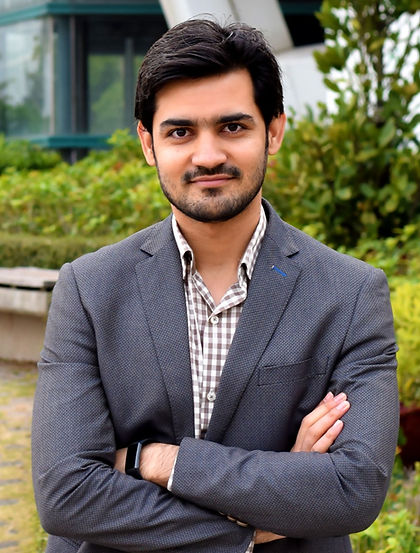

Ghazanfar Ali ANWAR
PhD in Civil Engineering
Dr. Ghazanfar Ali Anwar is a structural engineer by profession with expertise in structural designs and earthquake engineering. Dr. Anwar graduated with a bachelor’s Degree in Civil Engineering and a major in Structural Engineering from the National University of Sciences & Technology (NUST). After working a few years in the industry, Dr. Anwar went on to do a masters under the Erasmus Mundus scholarship program. Dr. Anwar also gained research experience from UAEU University and obtained a Doctor of Philosophy degree from The Hong Kong Polytechnic University. Currently, Dr. Anwar is working as a Postdoctoral fellow in a Marquette University.
Research Interests
My research Interests include hazard assessment, mitigation, prioritization, optimization and management of the built environment. In particular, over the years, I have developed expertise in structural analysis and design of different structural systems including buildings, bridges, among others. I have gained knowledge related to extreme events such as earthquakes, and have utilized various methods to conduct risk, resilience and sustainability related investigations on a single structure as well as on infrastructure systems under extreme events.
In the long run, I aim to further explore hazard management of the built environment by incorporating disruptive and innovative technologies including internet of things, deep-learning, and real-time monitoring systems, along with the social and economic systems. The objective is to enhance resilience against extreme hazard events including climate change.



